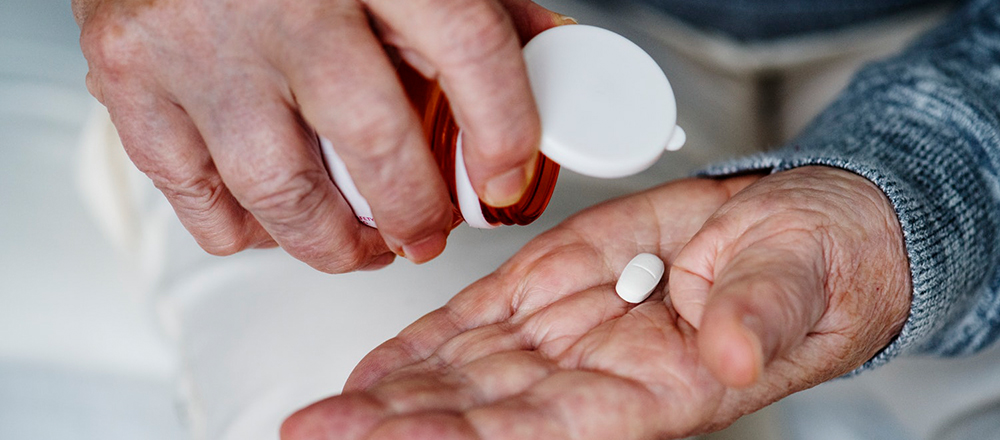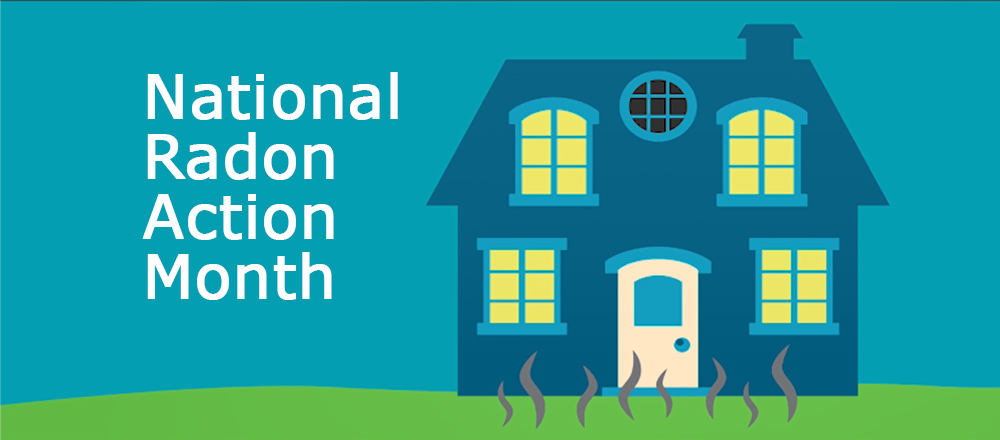Superbugs and Your Health: How to Combat Antibiotic Resistance
November 29, 2018By: Mari Rydings
Categories: Gynecology, Your Wellness

Guest blogger: Morgan Statt, Health & Safety Investigator, Consumer Safety
 Since MRSA is easily spread by contact, take special precautions if you find yourself in communal settings. Be sure to:
Since MRSA is easily spread by contact, take special precautions if you find yourself in communal settings. Be sure to:
- Avoid sharing any personal items such as razors and towels
- Cover all cuts and other skin wounds until they are fully healed
- Practice good body and hand hygiene; wash hands frequently
Gonorrhea
Gonorrhea is a sexually transmitted infection seen in the mouth, genitals or rectum. If left untreated, the infection can lead to additional health problems, including pelvic inflammatory disease, infertility, and an increased risk of HIV. An emerging concern in recent months is Mycoplasma genitalium, an STI that often co-occurs with gonorrhea. It is expected to become antibiotic-resistant within 10 years.
How does Gonorrhea spread?
Gonorrhea spreads through sexual contact with someone already infected. Anyone who is sexually active is susceptible.
How can you lower your risk?
The most effective way to ensure that you do not contract gonorrhea is to refrain from engaging in sexual intercourse. However, preventive measures can be taken if you are sexually active. Be sure to:
- Practice safe sex with the use of condoms and dental dams
-
Get tested for sexually transmitted infections
- At least once a year
- With each new partner
- Every three months for multiple partners
Bacterial Pneumonia and Meningitis
In addition to causing bacterial pneumonia and meningitis, Streptococcus pneumoniae is a bacterial strain that can spur ear, sinus, and bloodstream infections. Due to weakened immune systems, seniors and children are most at risk. Typically, they acquire an upper respiratory infection that affects the nasal or respiratory tract, making it easier for bacteria to invade.
How can you lower your risk?
- Get the necessary vaccines to protect against infection.
- If you drink alcohol, decrease your intake.
- Stop smoking.
- Take antibiotics, opioids and other medications exactly as they are prescribed by your doctor.
- Wash your hands with warm water and soap often, especially after you sneeze or cough.


